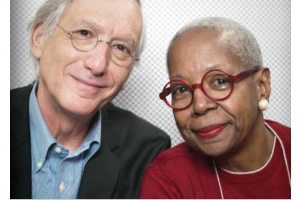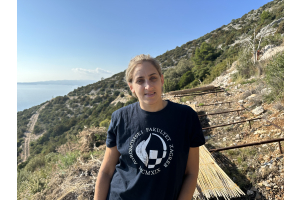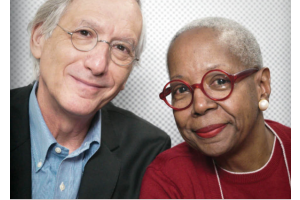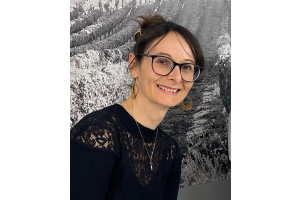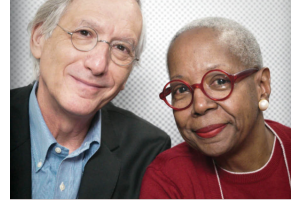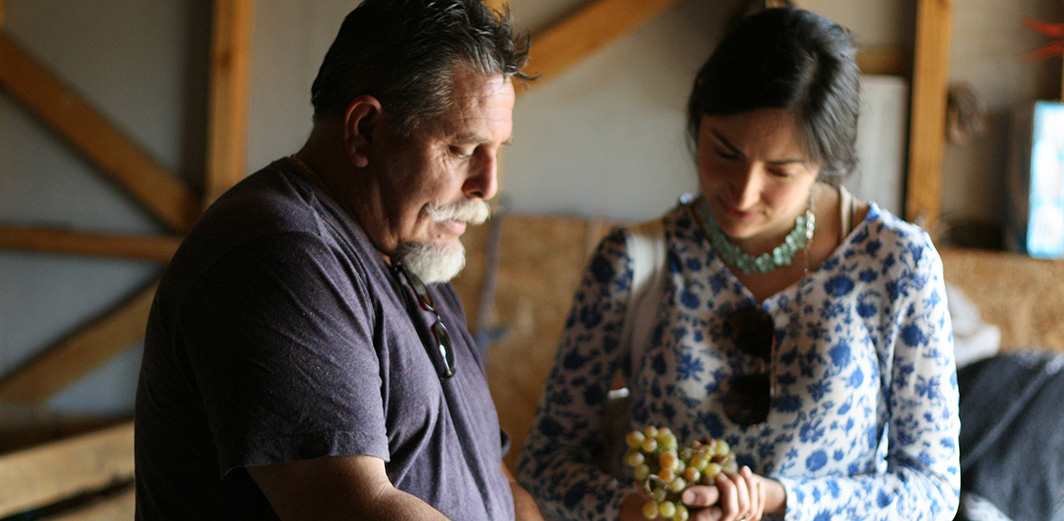
Manuel Humberto Moraga Gutiérrez is the 7th-generation owner of Cacique Maravilla in Yumbel, Bio Bio in the far south of Chile.
The history of the estate goes back to the conquistadors and the first vines were planted at that time. The Malbec and Pais originate from vines planted in 1766 (10 years before the United States declared independence!).
Farming and winemaking are done in a traditional, natural approach. All farm work is done organically and the vineyards are dry farmed which allow a fuller expression of the unique volcanic soils of the area.
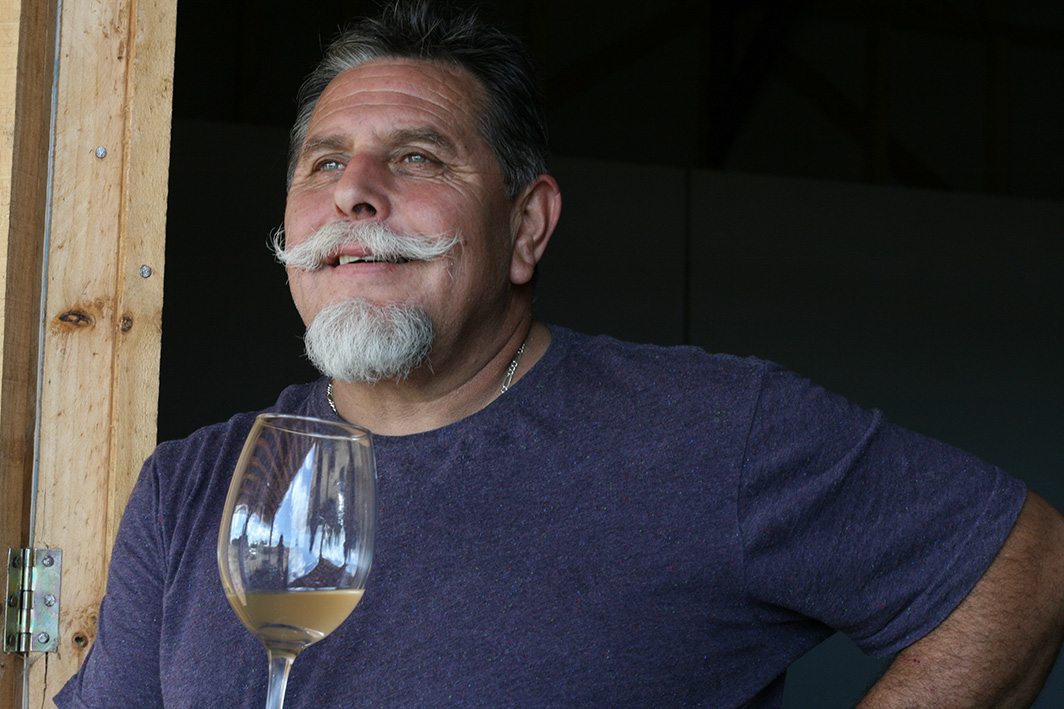 Christopher Barnes: Where is your vineyard located?
Christopher Barnes: Where is your vineyard located?Manuel Humberto Moraga Gutiérrez: Our vineyard is located in the region of Bio Bio. The Bio Bio region has four provinces. Provinces from north to south: Ñuble, Concepción, Arauco, Bio Bio.
So to understand the region the Itata Valley is Ñuble and Yumbel; our terroir is Bio Bio.
What is the terroir of your estate?
In our case our terroir is volcanic soil that is deep and fertile, geologically talking it is a young soil of the last 60 million years. It is a product of the volcanic explosion of the Antuco and Sierra Nevada Volcanoes.
Our vineyard is two kilometers from the town of Yumbel. At this point in Yumbel begins the first slopes and hills that start the Cordillera de la Costa so we are influenced more directly from the Cordillera de Los Andes and since we are at the beginning of the Cordillera de la Costa, technically our position is "between Cordilleras."
Our vineyard is dry land farming. We have a temperate Mediterranean climate with very high temperatures during daytime and colder at night and it rains one meter annually.
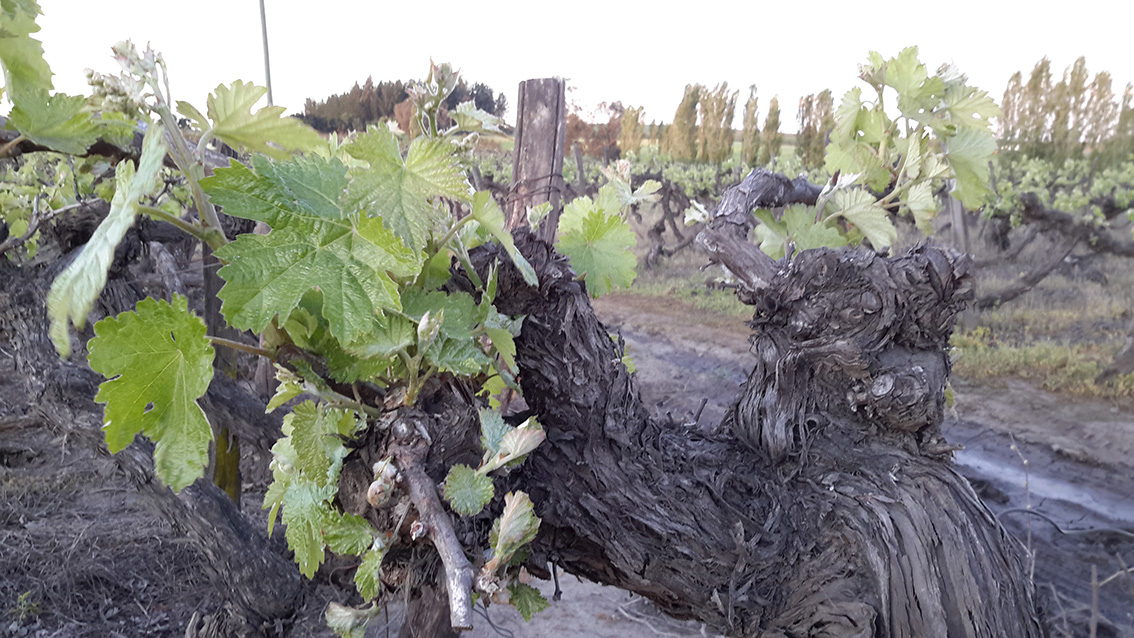
This vineyard was planted at least 250 years ago. It came with the Spanish conquest. Spaniards came here for gold and the first Gutierrez, Francisco, arrived here in Yumbel. I am the 7th generation of this family making the same wine, same style, with the same vines, working traditional Chilean agriculture. These wines of volcanic origin have a smokey flavor and you can taste the land. We are a part of John Szabo's book, Volcanic Wines, and we had the pleasure to meet him here in Chile.
Our farm is 90 hectares, 16 are vineyards. We also farm wheat and grains. We have fruit trees, cherries, oranges, lemons, olives, almonds, walnuts, figs, and also animals. We integrate all the work of a farm ...including wine. In our philosophy wine is one more food in the work of the year. All this work is traditional. We have horses to plow the vineyard and a tractor for bigger jobs. We try to keep our traditions and we do not use agrochemicals; we only use sulfur.
What is the philosophy of winemaking?
The philosophy of our wines may sound simple but it only has to do with keeping with what I learned from when I was small. My grandfather and father, all their knowledge in simple and natural. No human intervention, no wine fixing, no enology. That is how I make my wines. I use native yeasts and no filtering.
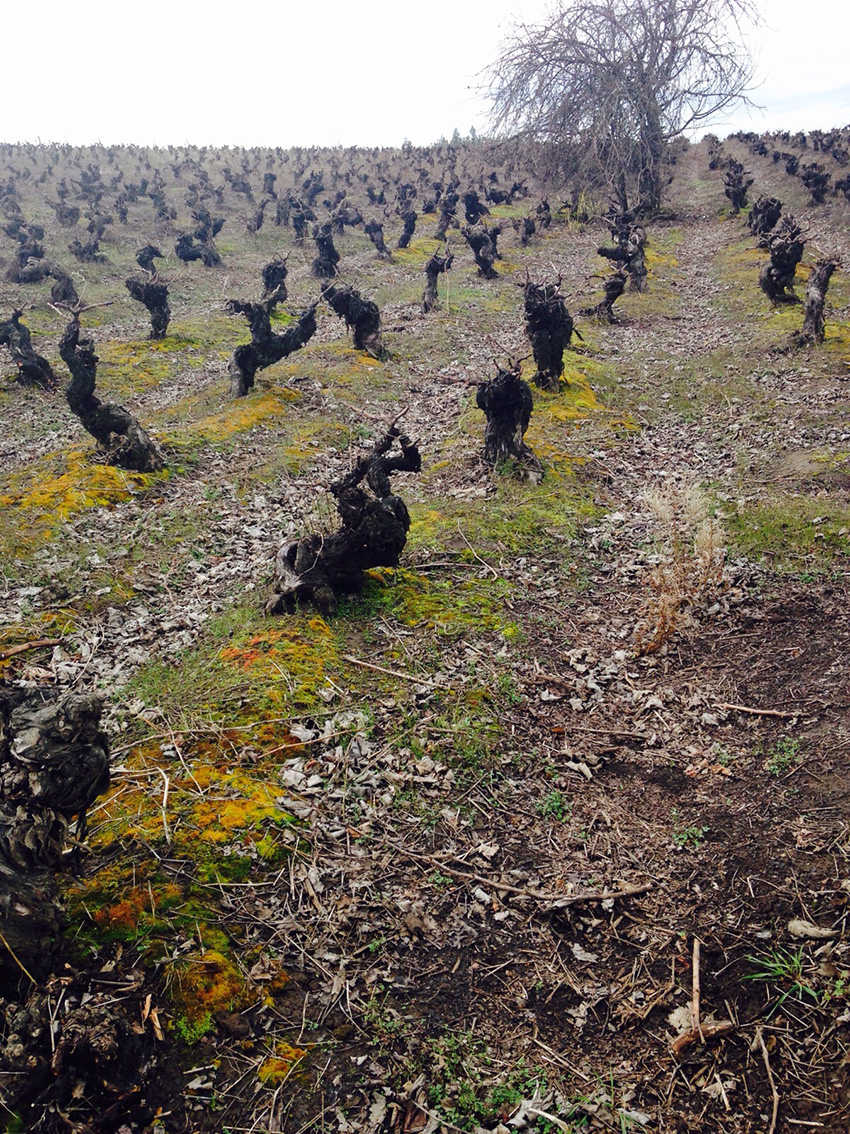 Has your winemaking changed over time?
Has your winemaking changed over time?The idea is don't change anything!
I would say that my wine is "raw," an expression of the vineyard and the vintage. Where the boss is the vineyard they are unique wines coming from very old plants and the real natural vinification.
For example Pipeño, the Pais grape is our largest production, it is a fresh wine, light alcoholic wine that you drink chilled and we put in a one-liter bottle. It is juicy for a natural wine and not all years are the same precisely because the boss is the vineyard and each year the expression of the wine is the expression of the year.
What kind of wines are you making?
Cabernet Sauvignon - We have minor productions this year, only 4,000 bottles. It may be the southernmost Cabernet vineyard that exists in the world.
Cot (Malbec) - We have a minor production or 1,200 bottles.
Gutiflower white wine (semi-sparkling) - We a have minor production of 4,000 bottles using the grapes Moscatel de Alejandria, Torontel and Corinto.
Vino Naranja - We have a small production 1,200 bottles. The grape is Moscatel de Alejandria and we use long skin contact.
Also: Grappa distilled in copper pans, a product of the skin of the grapes with 55% alcohol. Arrope, which is a grape syrup also cooked in copper pans. Vinegar we sell to restaurants.





